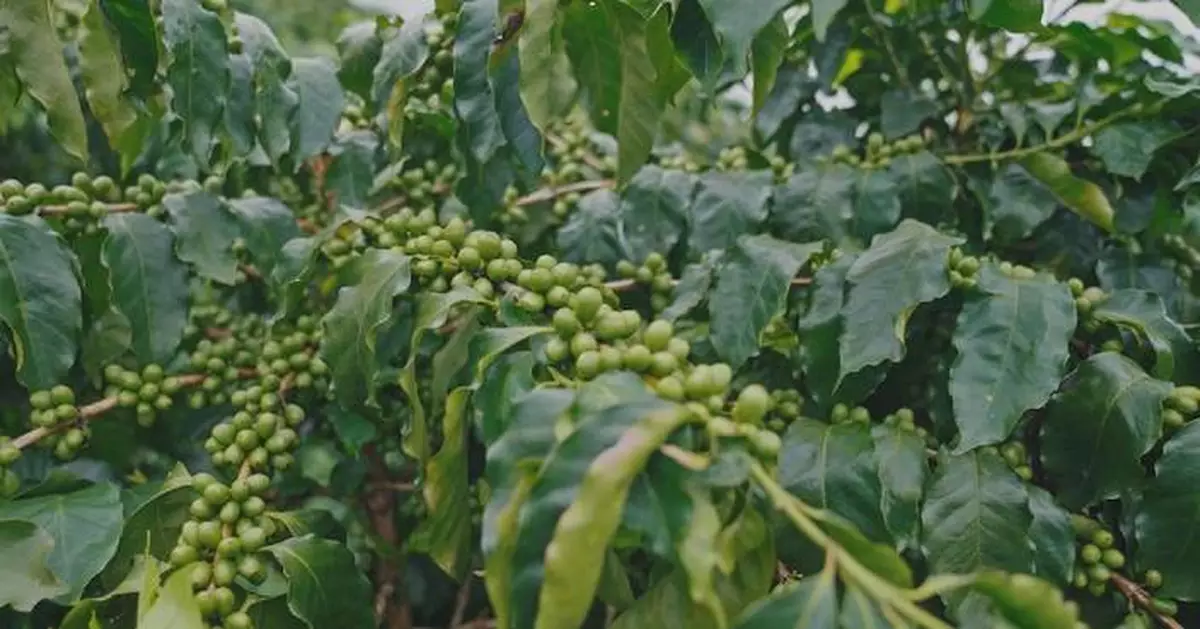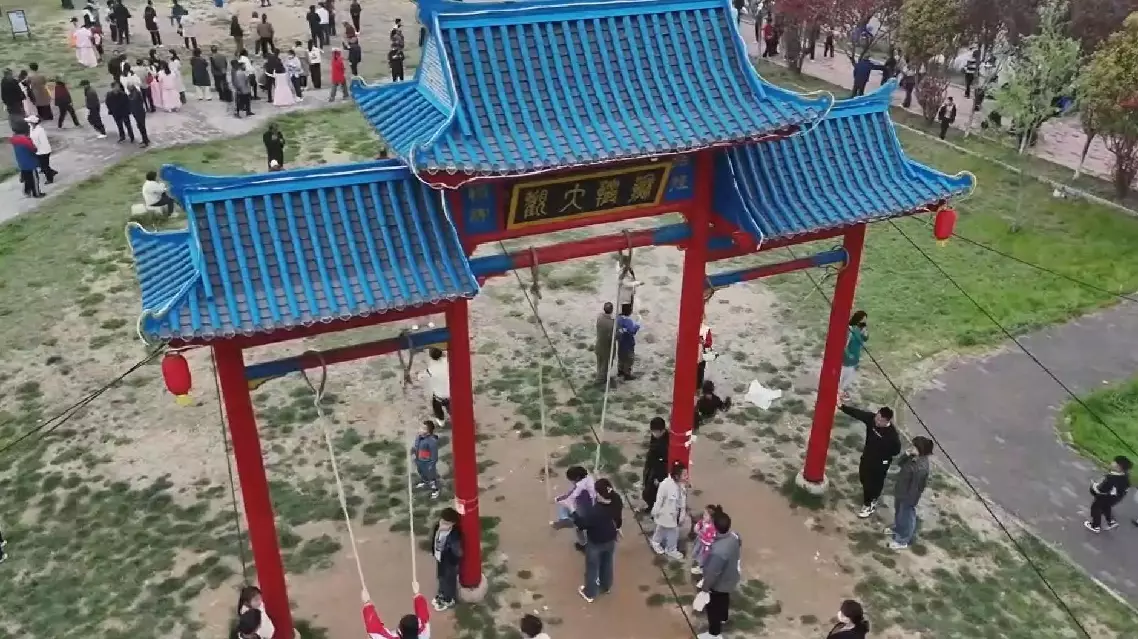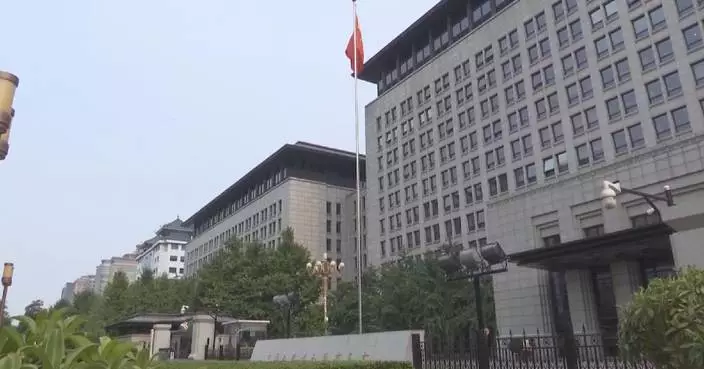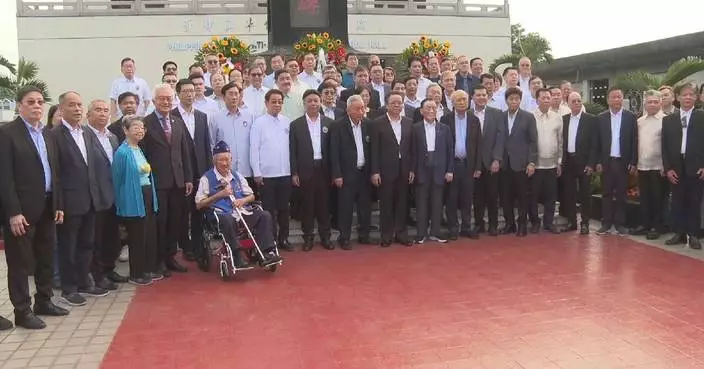Xinzhai Village, Baoshan City of southwest China's Yunnan Province, has seen significant improvements in both the quality and sales of its coffee products, thanks to advancements in infrastructure and connectivity construction.
Baoshan is a renowned coffee-growing region in China. In the past, however, poor transport links have undermined its coffee crop's profitability.
Now, farmers can transport their coffee in record time to all parts of China and globally, as modern infrastructure has transformed the region into a hub for shipping premium coffee.
Nan Mingqin, one of the coffee farmers, has been busy trimming the excess branches on her coffee farm to ensure that the beans can absorb more nutrients.
Nan talked about the days when the roads were unpaved and incomes were meager.
"Back then, this was just a dirt road, riddled with potholes, making travel difficult especially when it rained. Now, it is a wide concrete road with a pathway leading to each household. Transportation used to be inconvenient, and there was no internet access. We only sold our roughly processed beans to international brands for making instant coffee. Prices were low, so was our income," she said.
In response to the challenges, local authorities have initiated efforts to improve the transportation to boost coffee sales.
"Coffee prices have remained low since 2012, making it hard for farmers to earn a living. They were losing money. To develop the coffee industry and boost incomes, we made a plan for building a sustainable road network. We designed it to also support tourism in the future. Thanks to the improved infrastructure, coffee lovers now come here from all over the country," said Wang Jiawei, head of Xinzhai Village.
In 2017, Wang took the initiative to transform an old village committee building into the first coffee estate in the village.
"Initially, we got a businessman from Shenzhen to run it. At that time he bought our beans at a price of 60 yuan per kilo. The tenfold increase in price shifted the mindset of our coffee farmers. We realized that only by growing and managing the coffee crops well and producing high quality coffee could we make a profit," said Wang.
The improvements in infrastructure, including internet access, has enabled villagers to learn new farming techniques and marketing strategies for their coffee products.
"Now that we have better roads and internet access, we can learn from the outside world and embrace new ideas. We're processing the beans in different ways, like washing, sun-drying and honey processing. I'm also learning how to roast my beans. For me, coffee has become more than just a cash crop," said Nan.
As the village's infrastructure continues to improve, it attracts more tourists, which not only enhances coffee sales but also broadens the villagers' visions.
"Our village has become a tourist destination. Many visitors try our coffee and like it, so they place orders via WeChat. I'm now packaging and shipping some orders. by meeting more tourists and talking to them, I've learned a lot about other places," said Nan while packaging the coffee beans.
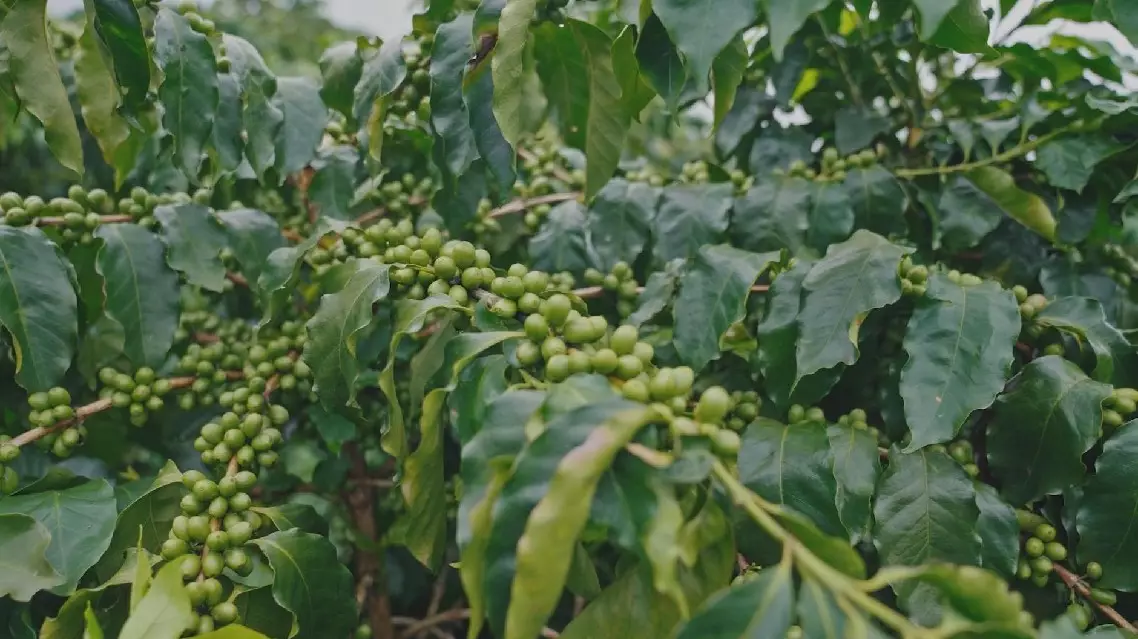
Modern infrastructure helps boost coffee quality, sales in Yunnan's village
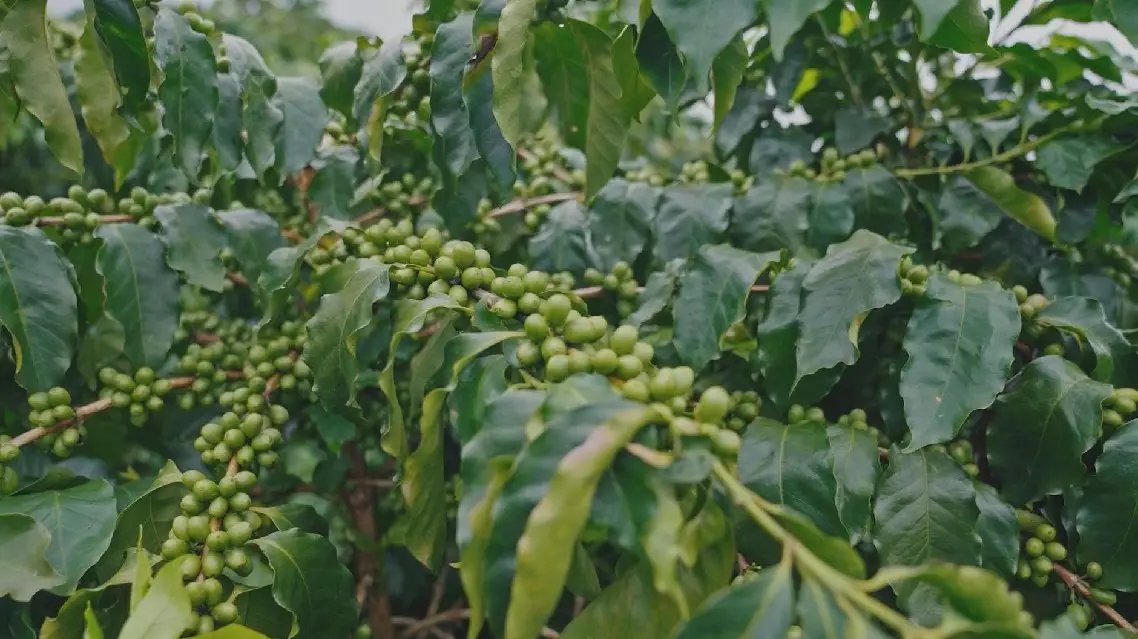
Modern infrastructure helps boost coffee quality, sales in Yunnan's village


